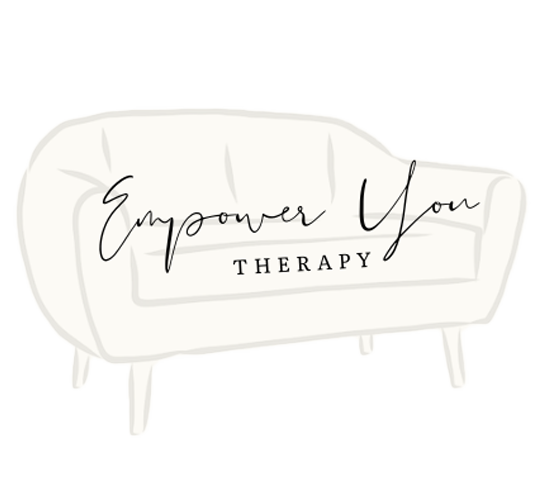Written By: Amanda Clavell
Grief is a complex and deeply personal process, especially when someone you love has passed away due to cancer. The weight of loss can feel overwhelming, and the experience is often layered with emotions like sadness, anger, confusion, and even relief that their suffering has ended. Therapy can be a valuable space to explore these feelings and find ways to heal while honoring your loved one’s memory in a way that feels right for you.
“Why does this feel so unfair?”
One of the hardest emotions to face is the sense of injustice that often accompanies a cancer diagnosis. Grief can often feel unfair because it represents not only the loss of a person, but the loss of the future you imagined with them. You may find yourself asking why this had to happen, why your loved one, and why now. It’s natural to feel anger, frustration, helplessness, guilt, or numbness as you process their illness and passing.
Therapy can offer a safe space to acknowledge these feelings, helping you to explore the complexities of your emotions without judgment. By sitting with your grief, you begin to work through the pain at your own pace.
“How do I cope with the sadness and loneliness?”
Grief often comes with waves of profound sadness and a sense of loneliness that feels unshakable. It’s common to miss the small, everyday moments you shared with the person you’ve lost. These feelings can intensify as you adjust to life without them.
Allowing yourself to grieve fully is an important part of healing. You don’t have to rush the process or ignore your emotions. In therapy, you can learn coping strategies to manage these intense feelings, while also finding ways to maintain a connection with your loved one’s memory. Whether it’s through journaling, talking with friends, or honoring their life in small, meaningful rituals, taking time to process can help you move forward without feeling like you’re leaving them behind.
“How do I deal with the guilt I feel?”
Guilt is another emotion that can surface during grief, particularly when a loved one has suffered through cancer. You may feel guilty for not being able to do more, for things left unsaid, or even for feeling relief that their pain is over.
It’s important to remember that grief is not a linear process, and feeling a range of emotions, including guilt, is normal. Therapy provides a space to unpack these feelings and understand where they’re coming from. Learning to be compassionate with yourself as you navigate these emotions can be key in your healing journey. By letting go of self-blame, you make room for kindness and understanding toward yourself and your loved one’s experience.
“What do I do with all this anger?”
It’s not uncommon to feel anger, especially when cancer takes someone from us. You might be angry at the illness, at the medical system, or even at the person for leaving. Anger can feel like an isolating emotion, but it’s an incredibly natural part of grieving.
Acknowledging your anger instead of suppressing it can be an important part of healing. Therapy can help you explore where the anger is coming from, and by processing it, you may find healthier ways to express and manage it. Whether through mindfulness techniques, physical activity, or creative outlets, there are ways to release the intensity of your emotions in a constructive manner.
“How can I live without them?”
The thought of moving forward without your loved one may seem impossible. There is no right or wrong way to grieve, and adjusting to life without them can take time. Therapy offers tools for rebuilding your life in the aftermath of loss, helping you find ways to hold onto the good memories while also creating space for new experiences.
In time, you may begin to feel moments of joy again, even if they are bittersweet. Therapy can support you through this process, offering a path toward healing while honoring the life and love you shared with your loved one.
Grief Takes Time
Grieving the loss of someone to cancer is a journey, not a destination. Allowing yourself the space to feel, process, and heal is essential. Whether you’re grappling with the feelings of unfairness, loneliness, guilt, or anger, therapy can be a helpful guide through the complexities of your emotions. Grief takes time, and with patience and support, you can begin to rebuild your life while keeping your loved one’s memory close.
Therapist Draper
Therapist Draper. Counseling in Draper Utah, Counseling Draper







